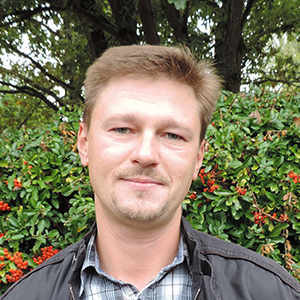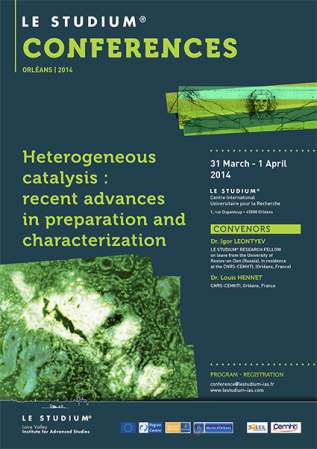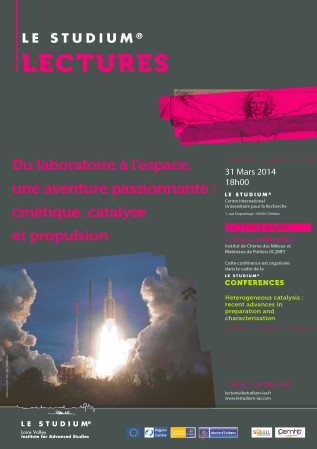Dr Dr Igor Leontiev

Laboratoire d'accueil
CNRS Orleans / University of Orleans - FR
Extreme Conditions and Materials: High Temperature and Irradiation (CEMHTI)
Hôte scientifique
Dr Louis Hennet
PROJET
In situ combined investigations of nano-particles nucleation and growth processes of platinum carbon supported electro-catalysts for low-temperature fuel cells
Composite materials containing pure or alloyed Pt nanoparticles (NPs) deposited onto high surface area carbon support are most promising catalyst for low temperature fuel cell (FC). It is well known that the catalytic activity of Pt catalysts significantly depends on the microstructural characteristics such as average particle size, particle size distribution, NPs shape, and hence from synthesis technique.
One of the major approaches to improving the activity of Pt-based catalysts is optimization of the synthesis procedure. Currently, various physical and chemical techniques are employed for producing Pt-based catalysts. Dozens of methods developed so far have been mostly of the condensation type. The formation of the NPs proceeds via chemical reduction in the liquid phase of the relevant precursors by different reducing agents. However, all these methods present certain limitations. In fact, the liquid phase methods are multi-staged and highly sensitivity to extrinsic factors. Therefore, the development of a simple and accessible method for producing catalysts with desired NPs shapes and sizes has remained a challenge.
Synthesis of the Pt-based catalysts in the gas phase, when the reducing agent is a gas (H2, CO), is free from many of the limitations inherent in other methods and is quite suitable for industrial production. The variation of synthesis parameters and, hence, the microstructural characteristics of the catalyst in this synthesis could be performed by changing the type of gas atmosphere and the gas concentration, as well as by varying the synthesis temperature.
Thus, the main goal of this project is to carry out in situ combined investigations (SAXS, WAXS, XAS) of the synthesis of Pt NPs in the gas phase. Such studies allow studying the nucleation and growth of Pt and Pt-alloys nanoparticles processes under different conditions and allow determination of the best parameters required for the preparation of highly active catalysts for low temperature FC. This project is undertaken in the framework of collaboration with the department of nanotechnology of the University of Rostov-on-Don (Russian Federation).


